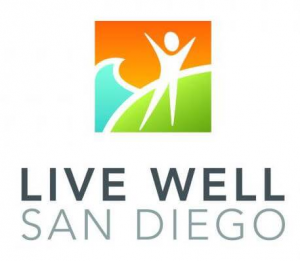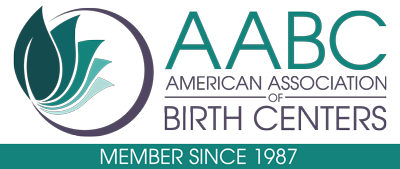 Earlier this month we recognized Black Maternal Health week. The week is to bring awareness to Black maternal health issues, amplify Black voices, and call attention to continued outcome disparities. The initiative acknowledges the inequities in maternal mortality rates in the United States, where the rate for Black women is 3x higher than that of non-Hispanic White women. This, unfortunately, captures just one part of a larger problem in the country.
Earlier this month we recognized Black Maternal Health week. The week is to bring awareness to Black maternal health issues, amplify Black voices, and call attention to continued outcome disparities. The initiative acknowledges the inequities in maternal mortality rates in the United States, where the rate for Black women is 3x higher than that of non-Hispanic White women. This, unfortunately, captures just one part of a larger problem in the country.
The United States has the highest maternal mortality rate among all similarly high-income countries in the world. And if it feels like you’ve been hearing about this issue for a while now, that’s no mistake. The general maternal mortality rate for all races and ethnicities in the U.S. is not only not getting better, it’s getting worse. The rate has steadily increased over the past few decades.
These scary stats can be attributed to a lot of factors, but it boils down to cost, quality, and availability of care, in addition to social determinants that affect people’s health as a whole. Furthermore, an over medicalization of birth by society has most births occurring in the hospital setting, despite the excellent outcomes of birth center care.
It’s a systemic issue that requires work and change from many levels. As maternity care providers, we aim to address these issues by making our care high-quality, accessible, and welcoming.
We follow evidence-based practices and don’t pathologize or rush normal, uncomplicated pregnancies and births. We treat pregnancy and birth as normal, physiological processes. When we view birth as normal until proven otherwise, labor can unfold in harmony with your body and baby, uniquely and naturally tailored to you.
Unless complications arise, we recognize pregnancy and birth as events that don’t require excessive medical intervention. This philosophy allows us to minimize costs, making care more accessible, but also reduce unnecessary risks that come along with medical interventions.
In a recent review, a client expressed their gratitude for her care at Best Start. They celebrate delivering their baby at 41 weeks (of note, because some providers are keen to schedule inductions if the baby is not born by their “due date,” which we like to call more of a “guess date”!)
They also mention that they are of what some people refer to as “advanced maternal age,” that is, the medical term for pregnant people over age 35. They go on to compare their experience to that of their friend (also dubbed “advanced maternal age”) who delivered in a hospital. The differences in their experiences are major:
“I can hardly believe it’s been almost a year since we welcomed baby Ruby at 41 weeks with you 🥰. I have a friend, also of “advanced maternal age,” who just welcomed her second in a hospital delivery. Due solely to her age and length of pregnancy she was pressed by her team into an induction. She spent 48 hours lying in bed being induced or “resting” courtesy of Benadryl before artificially rupturing her membranes due to lack of progress. The baby then became distressed and swallowed meconium during an emergency c-section. My friend is currently exhausted and in significant pain and separated from her newborn in the NICU because she cannot walk to visit her. She is heartbroken.
This birth story makes me feel simultaneously so so devastated for my friend and so, SO grateful for Best Start. Thank you. Thank you for making practical and educated birth decisions and empowering women to have positive, healthy births. Thank you.”
This client’s experience in our care highlights exactly how we hope to make our clients feel: heard, educated, and empowered to make choices.





